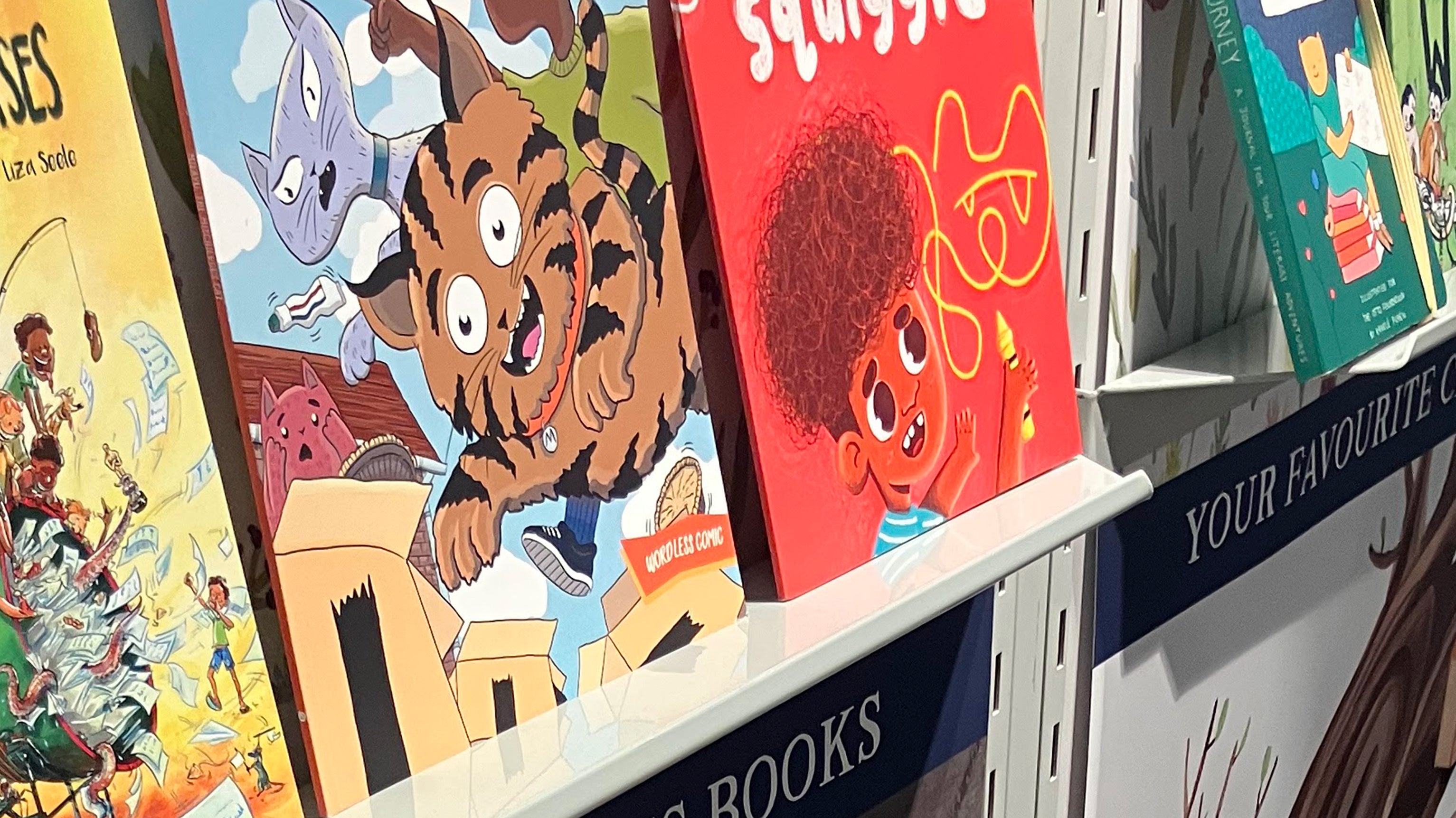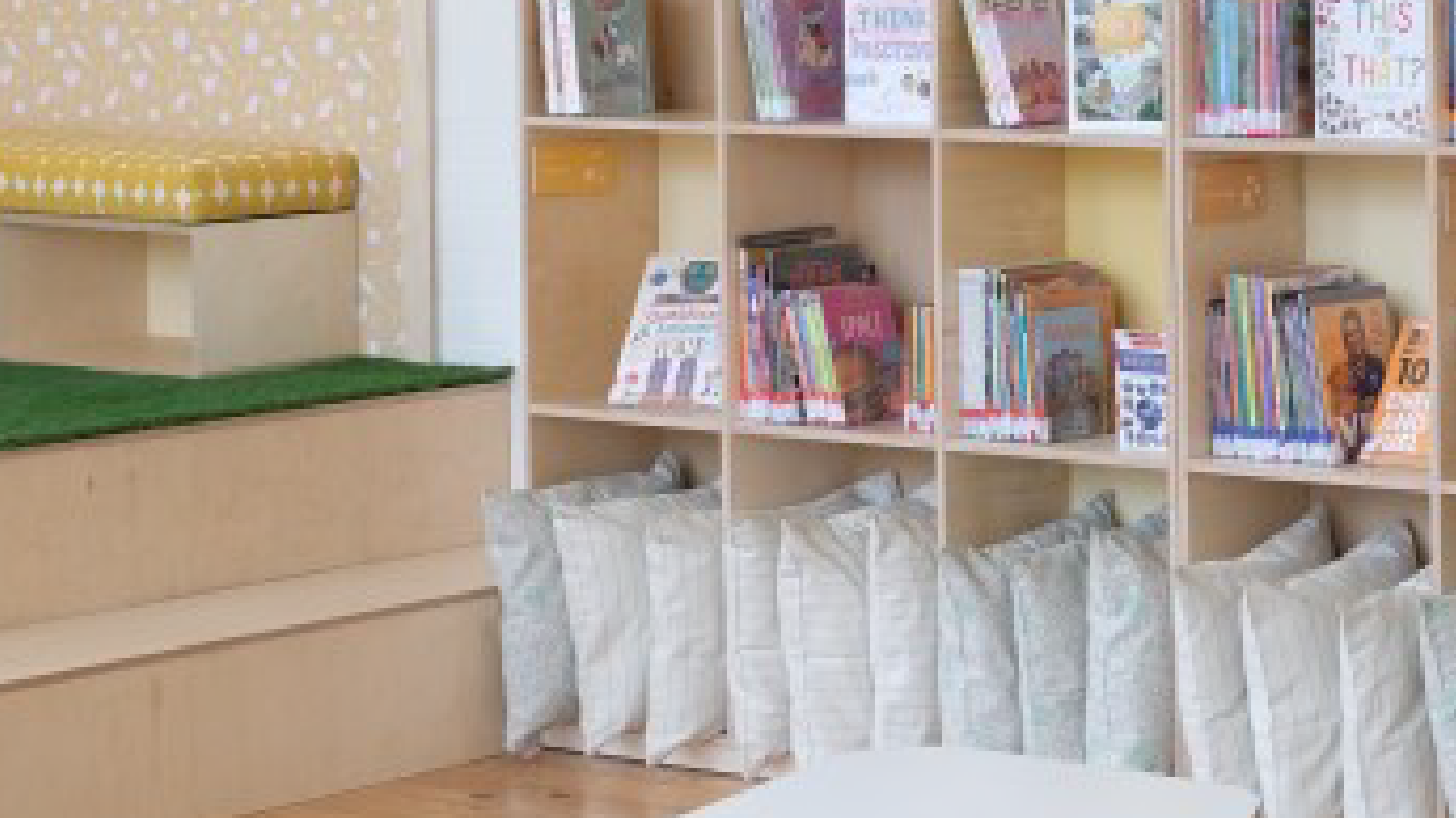As a South African publishing house, we delight in expressing our lekker local culture... although sometimes it can be difficult for others to understand just what we're saying.
South African slang everyone should know
- Ag, man! [ach—mun]
It might be translated as “Oh, man!”, but is used to express pity, resignation or irritation. - Aikona! [eye-koh-na]
A Zulu term used to express shock or disbelief. - Babbelas [bub-ba-las]
Derived from the Zulu word ‘ibhabhalazi’, it is used to describe a bad hangover. - Biltong [bill—tong]
Our equivalent to beef jerky... but it is so much better! - Bobotie [buh-boor-tea]
A Malay-type baked dish that is made with spicy-sweet minced meat and raisins with an egg custard topping. - Bliksem [bluhk–sim]
A derogative term, meaning to hit someone, but often used as an expression of surprise too. - Boet [no other way to say it but for "boet"]
This term is usually used in reference to a male friend by another—technically meaning "brother". - Boerewors [boor-uh-vors]
Literally meaning ‘farmer’s sausage’, this is a savory sausage that is often braaied (or barbecued) and then eaten as a variation of a hot dog. - Bra / Bru [brah and brew]
Used to call a friend, pal or buddy. - Braai [brr-rye]
If you're not South African, you probably call it a barbecue. But a braai is much more than a barbecue. It's a whole cultural experience, usually happening during a sports game, or just as an excuse to hang out. - Eina! [ay-na]
An expression for when someone experiences pain. - Eish! [ay-sh]
A Khoi-San expression for when someone experiences surprise. - Fundi [foon-di]
Used to describe someone who is an expert, or a teacher. - Gatvol [ghut-foll]
Literally meaning ‘filled to the brim’, this is used to describe someone who is very angry or tired. "He's gatvol!" could mean "He's had enough!". - Hayibo! [hi-boh]
This Zulu word is usually expressed for something unbelievable. - Ja, Nee [ya—nee—ah]
Technically it means "Yes, no". The phrase is used to express agreement or confirmation with someone or something. - Jislaaik [yis-like]
This is said when trying to express shock. - Jol [jorl]
To have a good time. To party. To have fun. To dance. To enjoy each other's company. - Laat-lammetjie [lot–lumm–ah–kie]
The name given to a child born long after their siblings. See Liefie. - Laaitie [light-e]
Describes someone young. - Laduma! [laa-doo-maa]
Screamed out when a soccer team scores a goal. All. The. Time. - Lekker [lack-err]
An Afrikaans word that really could mean anything, but always has a good connotation. Generally, it means "nice" or "good". - Padkos [putt–koss]
Travel food. - Sarmie [saam-ie]
A shortening of the word "sandwich". - Shongololo [sh-ong-o-loh-loh]
This is what we call large black-brown millipedes. - Ubuntu [oo-boon-too]
It literally means “I am because we are”. It is an ancient African word that describes a common philosophical feeling of humanity and family. There is no single word to translate it as. - Yebo [yeah-boh]
It means "yes", but it is used as an extremely expressive form of the affirmative. It's often used as a double positive, saying "Yebo yes!".
Let us know in the comments below if we've missed any vital South African slang or phrases!






Comments
Is the term laat lammetjie used among non English and Afrikaans speakers? Like would a Xhosa speaker typically know the term and use it if appropriate?
Yes, Southern African slang is a real melting pot of languages from far and near.
We would talk of an Indaba meaning a meeting to discuss a problem (from siNdebele/siZulu), while Maningi Indaba in Chilapalapa (or Funigalo) meant Big Trouble. Another slang word with an identical meaning was Hunnahunna, but can anyone please tell me from which language this comes? Please excuse the misspelling. Thanks
Thanks Koos for your “Ja well, no fine” – that’s a classic Southernafricanism!
Virginia, I believe Larney should be Laany, from the Afrikaans word for Avenue, Laan, meaning an upper class area.
Tot siens
Ja well, no fine… don’t know what this means
The Vaalies have hit Durbs, and ‘dis lekker by die see’
Just now….. a indefinite period
A Rhodesian one, maybe Sarth Effriken, ‘strike me the ages ou bee’ means ’what’s the time old pal’
Ek se.. I say
Don’t tune me grief meaning, don’t give me lip!
What’s the correct saying. Moenie (twice five or twice figh) met my nie. Meaning don’t argue with me.
I am trying to identify a word used by my late father. It sounded something like
“Mxhoxho” or “zhozho”. It was used to refer to “ the big guy” or the “big chief”.
Please help find the word. It could be a Zulu word.
what about Soutie – short for soutp..l
for “Ubuntu”, good single word approximations might include “neighbourliness”, “communion or community”, “cameraderie”.
What about the English words for things like
“Robot” – Traffic Light
“Circle” – Roundabout
“Trunk” – Boot
“Slap Chips” – Deep Fried Potato Chips
“Dop” – Failing A Test
"
A few here:
Larney: fancy, nice. As in “I’m not dressed for that larney restaurant.”
Gatvol: fed up, had enough. “I’ve had a gatvol of your nonsense.” I won’t give you the literal translation, it’s too filthy.
Pardon me if my spelling is off. I’m actually American :)
@Tyler and @Medupe It is actually “China” – it comes from cockney rhyming slang: China plate – mate.
Gatvol [ghut-foll]
This one probably comes from the Australian “Gut full” meaning exactly the same
Growing up in the Karoo we had “Wag ‘n bietjie” trees on the farm.
As a child I was asked to call the housemaid Aia Lina. That was in the Western Cape. And it is about 60 years ago. What does “Aia” mean?
@Manolita Doise – You could actually use both “jol” or “lekker”. In the true sense, “lekker” is more correct as it is used to essentially mean “very nice” or “great”, but “jol” usually refers to having a good experience or time with someone than being used to describe something nice/good.
I’d like to tell a friend from Limpopo that his braaivleis was great fun, do I use jol or lekker? This in a written message.
MF in Geneva
Ke sha’p = I’m good or OK
Sho’t left = taxi lingo for when you want to get out around the corner.
Cool / cold drink = soda
Bakkie = Pickup truck
Yoh!/Tjoh = reaction to surprise or shock
‘Phone me’ = call me or give me a ring
“must” = often used in place of ‘should’
Jozi = Johannesburg
Mzansi – South Africa
Robot meaning Traffic Light
Oh no! you forgot nee how which means you don’t say or a informal curse you might ponder on.
@tracy, “ousie” is actually a Tswana word for “aunty”.
You can see how somebody would misunderstand and think it means “maid” because of South Africa’s incredibly racially and economically divided society – with many Tswana people having to work as maids and the people they work for calling them “ousie” out of respect.
Then of course there are:
Takkies – loafers/trainers
Naarjie – satsuma mandarin
Slops – flip flops
Granadilla – passion fruit
Bringel – egg plant (also used in India)
Pooitjie [kos] – stew cooked on a three footed iron pot
Sap – fruit juice
Pap en wors- maize polenta like dish with sausage
I’m sure there is more but cannot think of any.
Was thinking that the other one that is really useful is “ungaas” from the isiZulu /angazi/ meaning “I don’t know”..
Pitch /pitch up…. not very know for foreigners if you ask did someone pitch…they think of sport!
@Maggie What a fantastic idea! We don’t have anything like this at the moment, but we will get our team to work on a separate blog for this. Do you have any specific words you’re looking for context on?
@deby A cokie pen is actually a “Koki pen” and they are a type of colour marker pens with brush ink paint (usually non-toxic in nature and often used by kids).
Hi, would it be possible to put some of these words within sentences to see how they would fit? Or perhaps you can refer me to where I can hear colloquial.
Many thanks
Maggie
could you please tell me what a cokie pen is? ( dont mind the spelling)
thanks
Wow…feels good to be South African. Imagine going to the UK or USA with friends/family and speaking Afrikaans. Nobody would know what you were saying, and that’s awesome.
You could include “abba” for carrying a baby – a Malay word. You could also mention that “pundit” is a Hindu word for expert. What about “naartjie”, “witblits” and “mampoer”? The list is endless.
Chai ee lee time. Finished work time to go home.
(Don’t ask me to spell it)
Schpeel – story
The word “fergag”, as in “Nee-wat, let’s just fergag the whole kaboodle”. It means “forget” as well as “chuck the whole thing out”.
Trying to understand what the term
Mx chooo
means. It looks like a slang word to me. Anyone know?
@Tyler the word is Chana not China and yes it does mean mate. This one is commonly used on South African television commercials to bring in that local element.
@Tracy “Ousie” is actually Setswana and it means sister. It’s used respectfully towards someone older or in many cases with someone you are not sure weather they are young or older than you. However this is not used for elderly people as it is disrespectful
Eish man, you forgot how to tell someone when you’re going to do something. Now, now now, just now and Een oomblik. Also, are koeksusters from SA or from Limpopo, me and my husband have been arguing about it for months 🤣
Um a lot of people say chomi mostly girls and that means friend or like best friend.
You guys forgot the most important one. China meaning mate
Hi Tracy, What a great question! We would love clarification on this too… our team will hunt and see what we can come up with (even the Afrikaners on our team are not too sure), but we’d love some suggestions for this from the community too.
Super-useful SA slang words!
There’s one more I’d like clarification on… the Afrikaans for nanny?
I’ve always heard the word ‘ousie’ used with affection, but I’ve also been told this just means maid.
Please advise